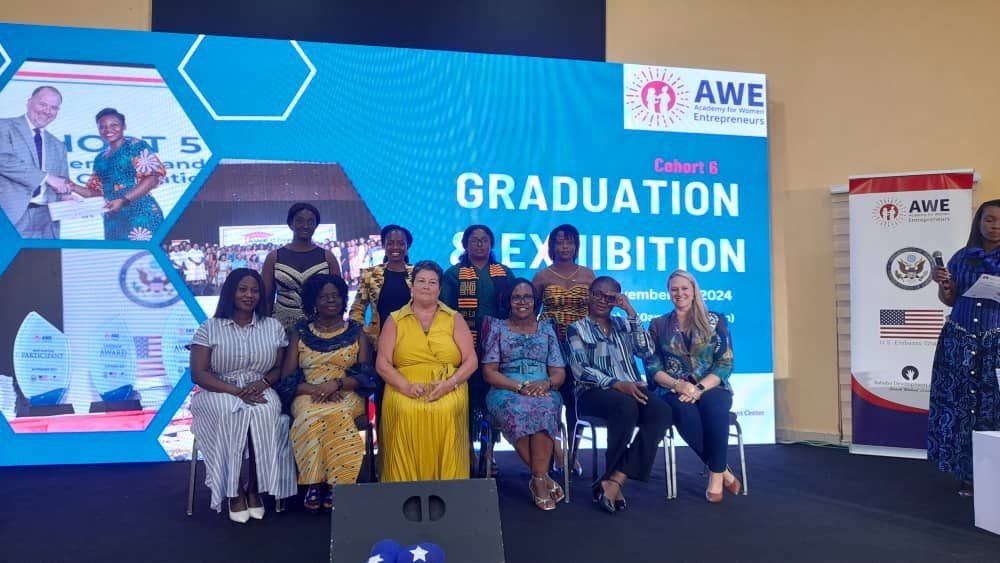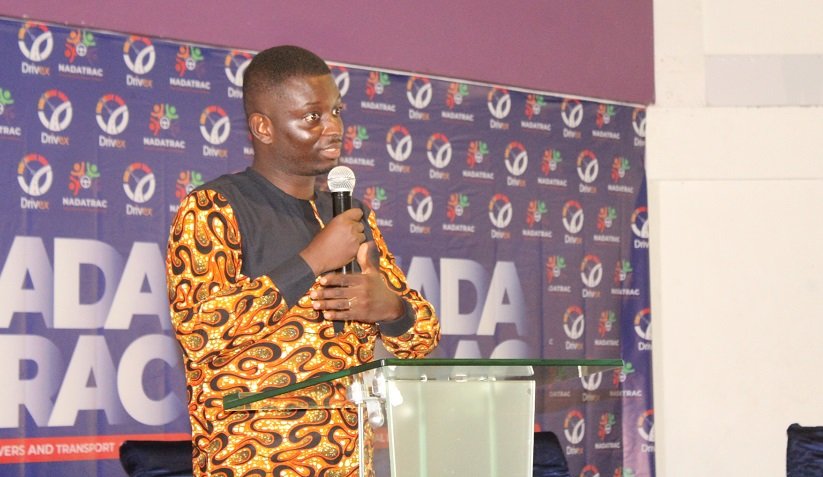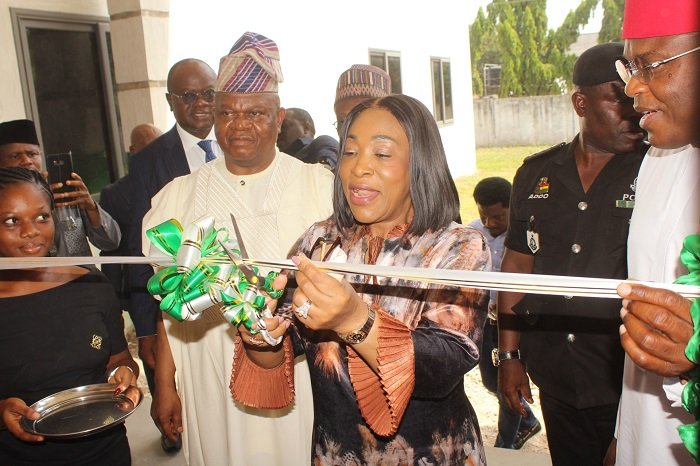ARTICLE AD
The country’s power installations within the Aboadze enclave in the Western Region risk being wiped away by tidal waves, despite the ongoing construction of a sea defence wall.
The two-kilometre sea defence wall being constructed leaves a 550-metres gap that is exposing the Twin City and the Aboadze Thermal plants, to that risk of destruction.
The gap was reserved for another thermal plant, but, the idea did not materialise.
The Chief Executive Officer of the Ghana Hydrological Authority, Dr John Kissi, has, therefore called for immediate action to close the gap as sea erosion and tidal waves continue to ravage the area.
He disclosed this on Tuesday, when he led a delegation of the governing board and auditors of the authority to assess progress of work on the Aboadze sea defence project in the Western Region.
Giving a background, Dr Kissi told journalists that some works (revetments) had been done, as part of the Aboadze sea defence project on both sides of the two thermal plants, to secure the beach.
“And so, we are left with this gap that is exposing the Twin City Plant and also the Aboadze Thermal Plants, which are at a risk. About a month ago, the sea was far back, but, in this short time, we have noted how much land we’ve lost to the sea due to sea erosion and tidal waves,” he said.
Dr Kissi said, it had become critical for work to begin urgently to protect the two vital national energy assets which provide about 10 per cent of Ghana’s energy supply.
Dr Kissi said the Ghana Hydrology Fund, set up by the government, could not execute projects alone, hence the need for creative ways to rope in extra funding from stakeholders, including corporate entities.
He condemned sand winning in the area and stealing of boulders on sea defence walls, noting that the coastal protection projects were aimed at preventing the impact of tidal waves and flooding to ultimately boost the local economy along Ghana’s coastlines.
The chairman of the Governing Board, Mr Kwesi Anim, suggested that Ghana’s economic infrastructure should be viewed as a business and that investors needed to have the right business plans to make it viable and also protect their assets.
The Ghanaian population, he noted, consumed a lot of fish, hence the need to protect Ghana’s coastline from any threats.
The chairperson of the Audit Committee of the Authority, Mrs Lucy Odoom, explained the tour would help the delegation understand the real issues on the ground and appreciate the work of hydrologists in coastal protection and also get value for money.
The engineer of XARA Developers, contractors of the multi-million-dollar sea defence project, Sackey Abraham, told the delegation that, so far, revetments and breakwaters had been constructed with work about 71 per cent completed.
The Aboadze sea defence project, he added, had benefited the fishers by reducing dangers of berthing, adding “they also appreciate what the project had achieved.”
FROM CLEMENT ADZEI BOYE, ABOADZE

 1 month ago
11
1 month ago
11 

